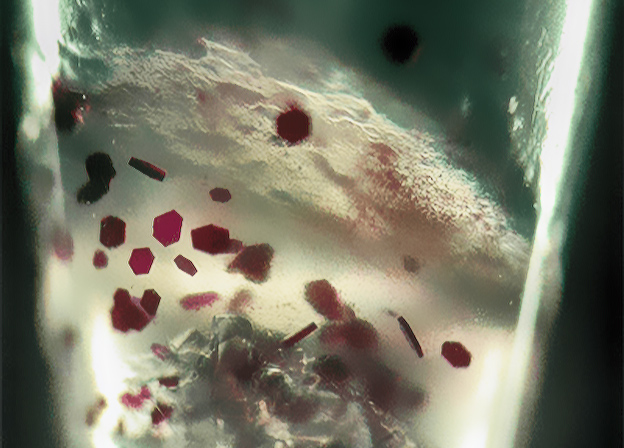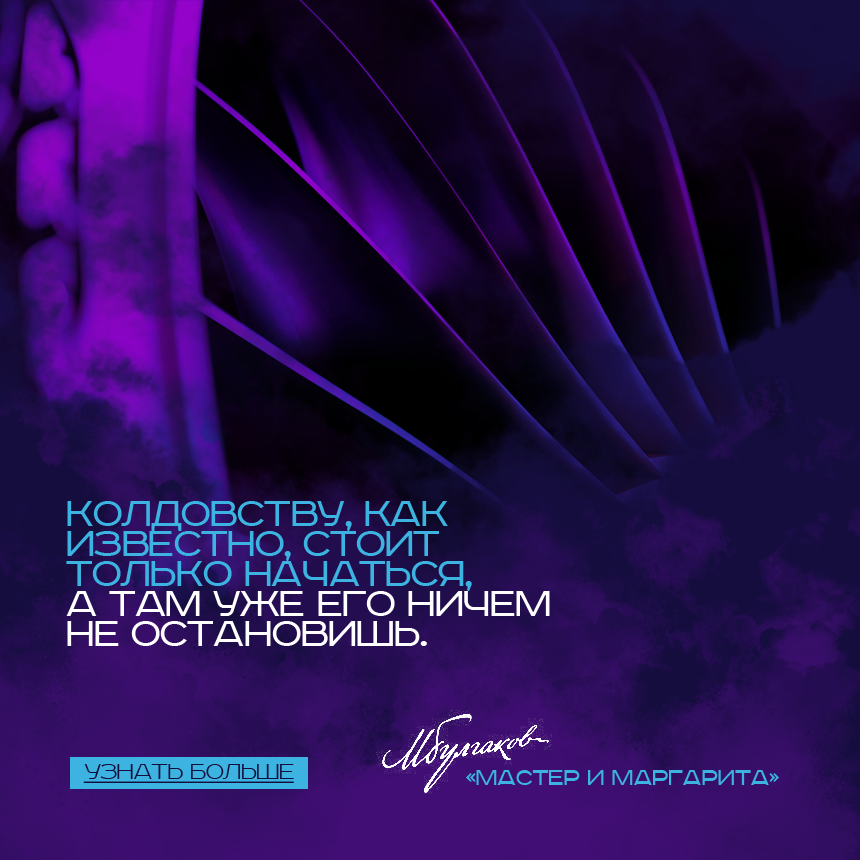
Tekhnomash Central Research and Technology Institute JSC belonging Ruselectronics Holding of the Rostec State Corporation, is developing self-adhesive over-protected labels with bacteriorhodopsin-based marks jointly with a private investor. Authenticity of the label can be easily verified visually without the use of any additional equipment, and the technology for the production of the bacteriorhodopsin-based label identifiers makes them unforgeable.
The technology is based on the unique properties of bacteriorhodopsin, a light-sensitive protein that changes colour in different light conditions. Bacteriorhodopsin is produced by protein synthesis which is a very complex process making it impossible to reproduce it anywhere other than the special-purpose production facility and, respectively, making the markers unforgeable.
"This is an advanced and "smart" technology at the interface of optics, electronics and biology. The technology used abroad is more expensive and less efficient. The cost of one imported biomaterial unit for production of one mark is several orders higher than the cost of the material produced by our technology. Labels with such marks can be used to mark a wide range of product: excise stamps, travel tickets, food and industrial products with any output volumes. The global labelling market is estimated to be several hundred millions euros, and our product, without any doubt, has a certain export potential," stated Oleg Evtushenko, Executive Director of Rostec State Corporation.
The marker's authenticity can be verified both visually and by using special equipment. Equipment for markers' authentication can be made as integrated (such as those integrated into bar-code scanners, automated passenger control system) or portable devices. Authentication rate is 0.1-0.5 seconds, weight of a portable device is up to 200 grams, dimensions are 100×60×40 mm3, running time between charges – 4-8 hours.
Bacteriorhodopsin-containing films retain their properties for more than 17 years of storage under daylight conditions and a temperature of –40°С to +40°С.

